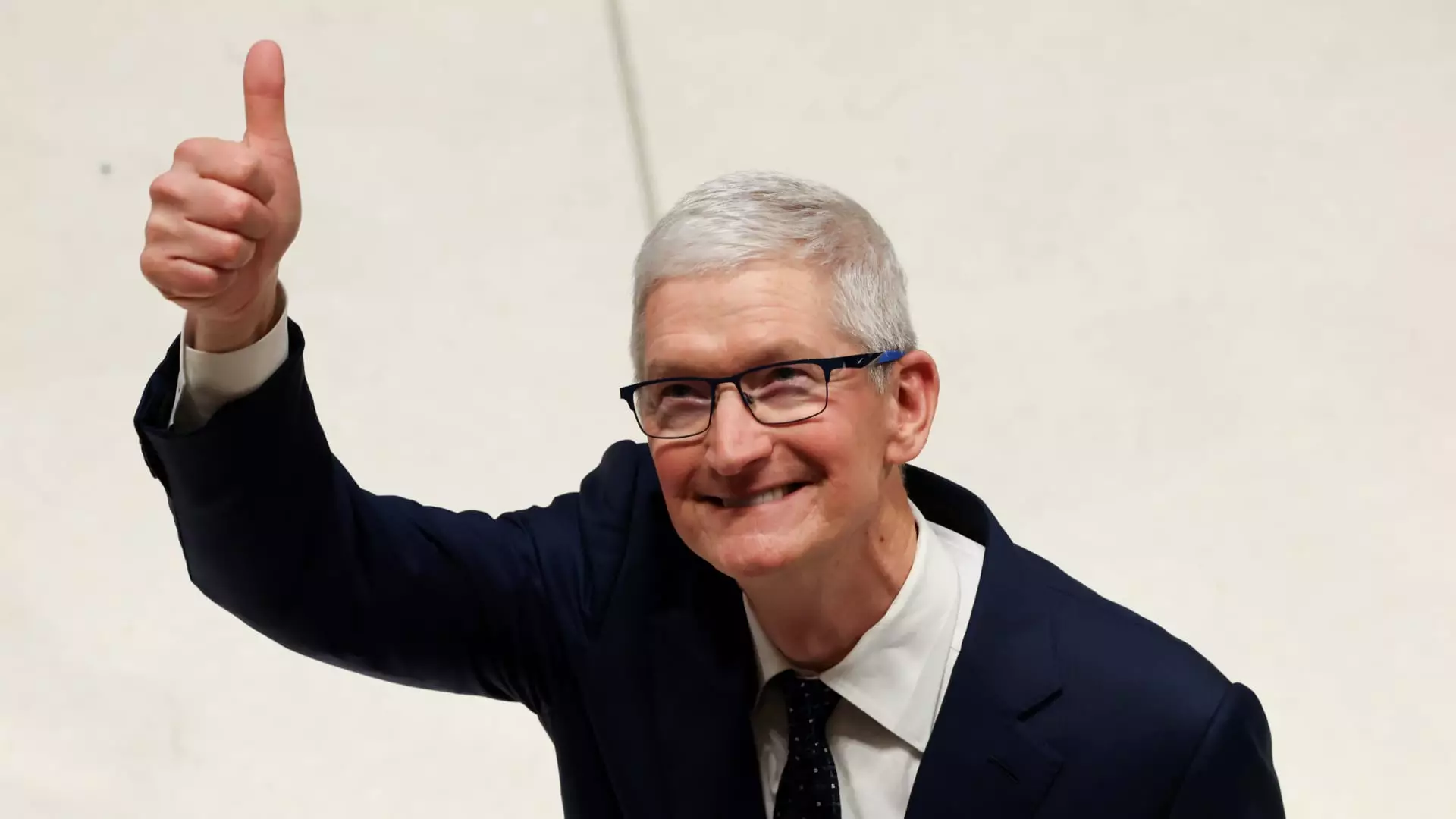In an era where data breaches and cyber threats loom large, few companies have championed user privacy as staunchly as Apple. Recently, the tech giant achieved a significant legal victory against the U.K. government’s attempts to force it to create a “backdoor” for accessing encrypted iPhone data. This legal tussle has sparked a broader debate about user privacy, national security, and the ethical responsibilities of technology companies in safeguarding sensitive information.
The U.K. government’s push for a backdoor, which would enable law enforcement to bypass Apple’s stringent encryption protocols, poses a threatening precedent. Encryption serves as a vital line of defense against unauthorized access to personal data; however, authorities argue that it can shield criminals by keeping illicit activities hidden. By attempting to breach this protective barrier, the U.K. government is wading into murky ethical waters, where the ideals of security and privacy conflict.
The Ruling Against Secrecy
In a recent ruling from the U.K.’s Investigatory Powers Tribunal, judges Rabinder Singh and Jeremy Johnson dismissed efforts by the government to keep details of the appeal secret, emphasizing the vital principle of open justice. The judges pointed out that conducting judicial processes in complete secrecy undermines public trust in legal systems and agency accountability. By placing the need for transparency above governmental secrecy, the judges affirmed the significance of keeping the public informed when it comes to sensitive legal proceedings, especially those involving technology that impacts millions of users.
The ruling serves as a beacon for cybersecurity advocates, reinforcing the notion that the public has a right to comprehend decisions that affect their digital lives. Apple’s legal challenge has not just been about one set of encryption protocols or a mere backdoor; it is about preserving the fundamental tenets of democracy and user rights in the digital age.
Apple’s Stance: A Commitment to User Security
Apple’s consistent refusal to compromise on its encryption technologies is part of a broader philosophy that prioritizes user security. The company’s stance is driven by its belief that creating a backdoor, even for legitimate use, invites potential abuse and compromises the integrity of the entire system. By stating that it will never build a backdoor or master key for its products, Apple is placing a marker in the sand regarding its commitment to privacy.
The withdrawal of its Advanced Data Protection (ADP) system for U.K. users in February due to the government’s demands was a significant and disheartening move. Apple expressed disappointment, emphasizing the rise in data breaches and threats to individual privacy; the decision to remove such security features impacts not just the accessibility of certain tools but also customer confidence in what should be a secure and private platform.
The Wider Implications of Backdoor Access
The conflict between technology companies and governments over backdoor access brings to light larger implications for society at large. While governments argue these measures are designed to bolster national security and combat crime, the reality is that weakening encryption exposes all users to a range of risks, including cyberattacks and data theft. History has shown that once established, such backdoor mechanisms may be exploited beyond their intended purpose—creating vulnerabilities that not only affect illegal activities but also endanger law-abiding citizens.
This ongoing struggle between privacy advocates and governmental agencies raises pressing questions: Who truly holds the keys to our data? Should the government have the authority to dictate terms that may conflict with fundamental rights? The balance struck between ensuring citizen safety and protecting individual rights is delicate, requiring open dialogue among stakeholders, including technology firms, policymakers, and advocacy groups.
A Turning Point for User Privacy
The outcome of Apple’s legal battle against the U.K. government could serve as a pivotal moment in the broader fight for digital privacy rights. Protecting user data from government scrutiny and potential misuse reflects a cultural shift toward prioritizing individual rights in an increasingly monitored world. This victory is not just for Apple but for countless users who value their privacy.
Ultimately, this legal decision could catalyze discussions at the international level about the nature of encryption, user data protection, and the responsibilities of technology firms. As digital privacy continues to be tested by emerging technologies and governmental demands, the conversation must evolve to ensure that user rights are not sidelined in the quest for security.

